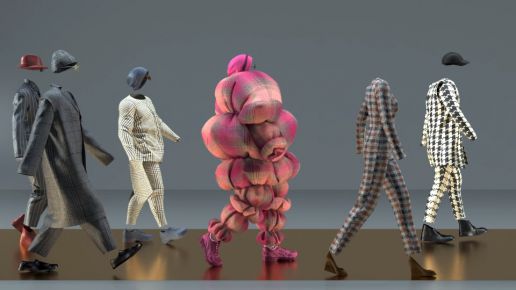
Brands, suppliers and retailers evaluate to digitize their value chain to reduce time in product development, gain cost efficiency and increase their eco-consciousness. Those brands and suppliers who prevent a digital option gain a significant competitive advantage over those that remain static.
We interviewed YÜNSA, as pioneers in the combination of sustainability and digitalization, they will offer a 100% digitalized collection in Spring.Summer 21. This and all successive collections will consist of fabric hangers for quality and hand feel reference as well as digital design and colour cards which are constructed and visualized in Penelope. Improvements in product development are expected to be up to 40% in terms of speed, cost and sustainability.
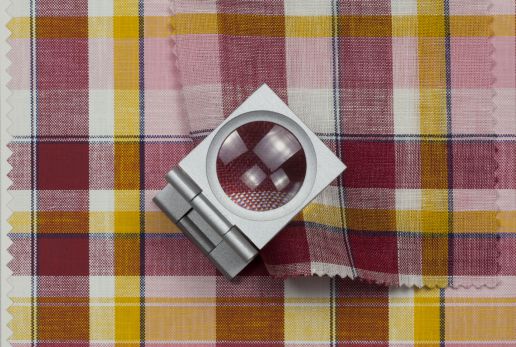
Digitisation goes hand in hand with sustainability, how are the digital connection tools used alongside the value chain to ensure sustainability?
Sustainability is not only about the raw materials but also the production process, chemical usage, waste management as well as time and energy consumption. Conventionally, as much as 80% of blankets and sample fabrics produced for either collections or customer requests were wasted and could not be used. If there are any mistakes in the finishing applications, fabrics need to be repaired and thus increases chemical usage and energy consumption, creating additional waste and pollution.
Digital product management is completely clean and fast. Developing a new pattern and colour variant takes less than an hour and is open to numerous corrections. With the possibility of simultaneous sharing via the cloud it does not rely on standard transportation methods which wastes time and resources. No waste, no pollution, fast and cost efficient.
What challenges have you faced throughout this process?
The biggest challenge is the resistance of the colleagues, managers and shareholders to the digital transformation. The industry and the laborers of our sector are very conservative in getting out of the traditional way of working. Financial and technical difficulties are easily overcome, as long as the team is open to change, believing in its benefits and supporting the process. We are lucky that Yünsa has an experienced, dynamic and enthusiastic team. Transformation is supported by the whole company. At this point, we should send a very special thanks to our information technologies team.

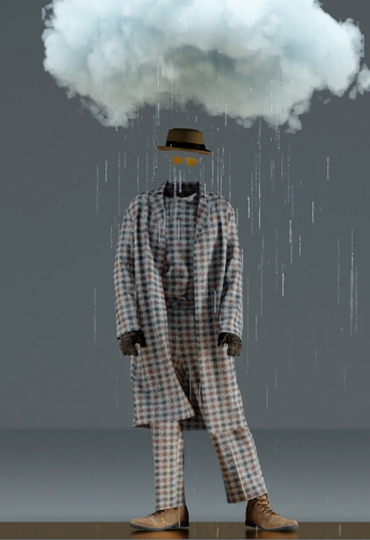
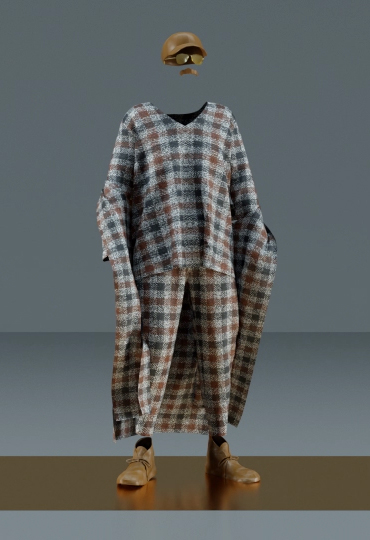
What were the initial steps of upgrading your sampling process with this new digital sampling process?
It all started with believing in digital transformation. We made the necessary technology investments in order to become pioneers in the sector, including Penelope CAD, Color Digital and ERP software. When our design team understood the benefits of digitization, they immediately took over the project.
We have digitized more than 9.000 yarn/colour combinations. This process is continuous as we create new yarns and colours every new season. For the Yünsa collections, we develop the designs and colour ways in our CAD software and create digital Yünsa collections. These collections will be available to customers in our online “Yünsa Shop” that will allow our customers and brands to browse the Yünsa collections, select and order fabrics, digital materials and make new requests.
Special customer developments are currently being developed in our CAD software and shared with customers via the cloud. The patterns are ready to be downloaded and fully integrated into the leading digital solutions such as CLO and ASSYST. For realistic simulation and digital decision making, the physical information based on measured parameters of our fabrics will also be included in the cloud library.
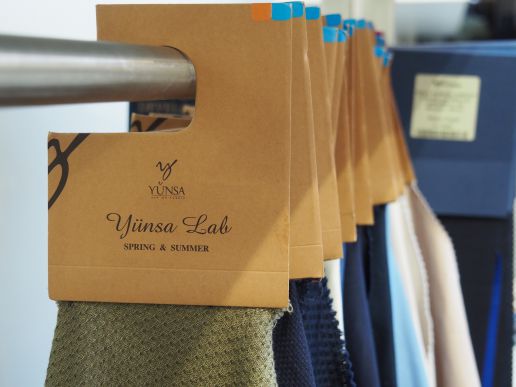
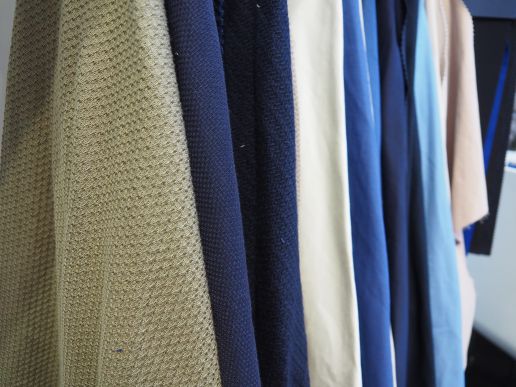
To what extent do you believe this is the future of production sampling for fashion?
Digital workflow is the real future of the fashion industry. We believe all parties of the fashion industry will experience the digital transformation in 3 to 5 years. Brands and suppliers who provide digital solutions will gain a significant competitive advantage over those that remain static.
What results have you seen in terms of cost and waste reduction?
Not much at the moment. As the majority of the industry is only at the stage of observation, alongside the digital versions we are still preparing the Yünsa collections and customer requests by traditional production means such as handlooms, blankets and sample meters, we haven’t seen a significant cost or waste reduction yet. Brands need to understand the benefits of this future workflow and start digital transformation instead of waiting others to step forward. Yünsa is ready to serve fully digital.
What are the benefits to the environment by embracing this new sampling process?
Digital workflow is clean and environmentally friendly. Expected minimum 40% sample production reduction means less dye stuff and chemical usage, less fabric waste, less energy & water consumption, less carbon release. I always use the “miraculous” expression for wool as the main raw material we use in Yünsa; natural, renewable, biodegradable, insulator, breathable, flexible, resistant and safe. Digital workflow is also miraculous; sustainable, eco-friendly, cost conscious, fast, standardized, precise.
Visit Yünsa at MUNICH FABRIC START on February 4-6 2020 in Munich, Section 1, Stand F103

